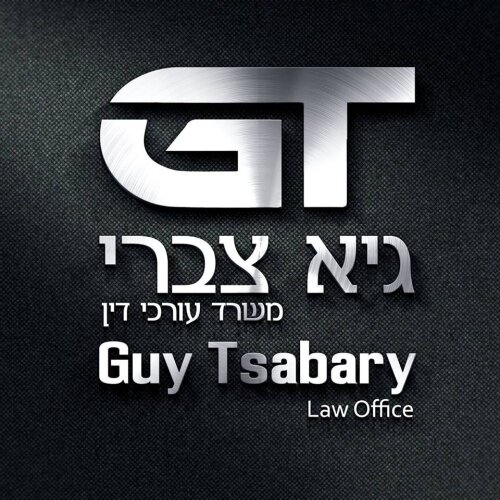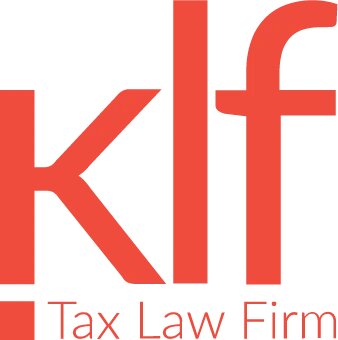Best Franchising Lawyers in Jerusalem
Share your needs with us, get contacted by law firms.
Free. Takes 2 min.
List of the best lawyers in Jerusalem, Israel
About Franchising Law in Jerusalem, Israel
Franchising in Jerusalem, Israel, is governed by a combination of local laws, contractual agreements, and international standards. Franchising allows businesses to expand by licensing their trademark and business model to independent entrepreneurs. This business mechanism is an attractive route for many, offering the benefit of an established brand name and operational model. Israel’s legal system ensures that franchise relationships are regulated and offers protection to both franchisors and franchisees, ensuring ethical and transparent business practices.
Why You May Need a Lawyer
There are several instances where seeking legal advice in franchising is crucial:
- Understanding Franchise Agreements: These contracts are detailed and complex, requiring expert interpretation to ensure fair terms.
- Negotiating Terms: Both franchisors and franchisees may require legal representation to negotiate terms that protect their interests.
- Compliance with Local Laws: Ensuring adherence to local regulations, which may include registration and disclosure requirements.
- Dispute Resolution: In the case of disputes, a lawyer can mediate or represent parties in legal proceedings.
- Termination of Franchise: Legal advice can help handle the complexities involved in ending a franchise relationship.
Local Laws Overview
In Jerusalem, Israel, franchising is influenced by various local laws and regulations. Key aspects include:
- Disclosure Requirements: Franchisors must provide detailed information to prospective franchisees before signing any agreement.
- Registration of the Franchise: Although there is no specific franchise law, certain contractual and consumer protection laws apply.
- Business Licensing: Franchisees must obtain the necessary business licenses and adhere to local taxation laws.
- Contract Law: Israeli contract law heavily influences franchise agreements, requiring clear and equitable terms.
- Intellectual Property: Protection of trademarks and intellectual property is crucial and governed by local IP laws.
Frequently Asked Questions
What is a franchise?
A franchise is a business method where a franchisor licenses its trademark and business model to a franchisee who then operates a business under the franchisor's name.
Do I need to register a franchise in Israel?
While there is no specific franchise registration requirement, compliance with general business registration and licensing regulations is necessary.
What disclosures are franchisors required to make?
Franchisors must provide prospective franchisees with detailed information about the franchise, including financial statements, the business model, and legal obligations.
Can I negotiate the terms of a franchise agreement?
Yes, it is possible and advisable to negotiate the terms of a franchise agreement to protect your interests better.
What are the typical costs involved in franchising?
Costs can include an initial franchise fee, ongoing royalties, marketing fees, and initial setup costs such as equipment and inventory.
How are franchise disputes resolved?
Disputes can be resolved through negotiation, mediation, arbitration, or legal proceedings, depending on the terms of the franchise agreement.
What protections are available for franchisees?
Franchisees are protected under Israeli contract law and consumer protection laws, which ensure fair dealing and transparency.
Can a franchise agreement be terminated?
Yes, both franchisors and franchisees have the right to terminate a franchise agreement under specified conditions outlined in the contract.
Is legal advice necessary for franchising?
Consulting a lawyer is highly recommended to understand the legal implications, negotiate terms, and ensure compliance with local laws.
Where can I find a franchising lawyer in Jerusalem?
There are several law firms in Jerusalem specializing in franchising law. It is essential to choose a lawyer experienced in this field.
Additional Resources
For further assistance and resources regarding franchising in Jerusalem, Israel, you may refer to:
- Israeli Franchise Association
- Ministry of Economy and Industry
- Local Chamber of Commerce
- Israeli Consumer Protection and Fair Trade Authority
- Law Firms Specializing in Franchise Law
Next Steps
If you need legal assistance in franchising, consider taking the following steps:
- Research: Understand the basics of franchising and local laws in Jerusalem, Israel.
- Consult a Lawyer: Contact a lawyer specializing in franchising to discuss your specific needs and concerns.
- Evaluate Franchise Opportunities: Carefully review disclosure documents and seek legal advice before making any commitments.
- Negotiate Terms: Work with your lawyer to negotiate fair and reasonable terms in the franchise agreement.
- Ongoing Compliance: Ensure ongoing compliance with local laws and the terms of the franchise agreement to avoid legal issues.
Lawzana helps you find the best lawyers and law firms in Jerusalem through a curated and pre-screened list of qualified legal professionals. Our platform offers rankings and detailed profiles of attorneys and law firms, allowing you to compare based on practice areas, including Franchising, experience, and client feedback.
Each profile includes a description of the firm's areas of practice, client reviews, team members and partners, year of establishment, spoken languages, office locations, contact information, social media presence, and any published articles or resources. Most firms on our platform speak English and are experienced in both local and international legal matters.
Get a quote from top-rated law firms in Jerusalem, Israel — quickly, securely, and without unnecessary hassle.
Disclaimer:
The information provided on this page is for general informational purposes only and does not constitute legal advice. While we strive to ensure the accuracy and relevance of the content, legal information may change over time, and interpretations of the law can vary. You should always consult with a qualified legal professional for advice specific to your situation.
We disclaim all liability for actions taken or not taken based on the content of this page. If you believe any information is incorrect or outdated, please contact us, and we will review and update it where appropriate.














